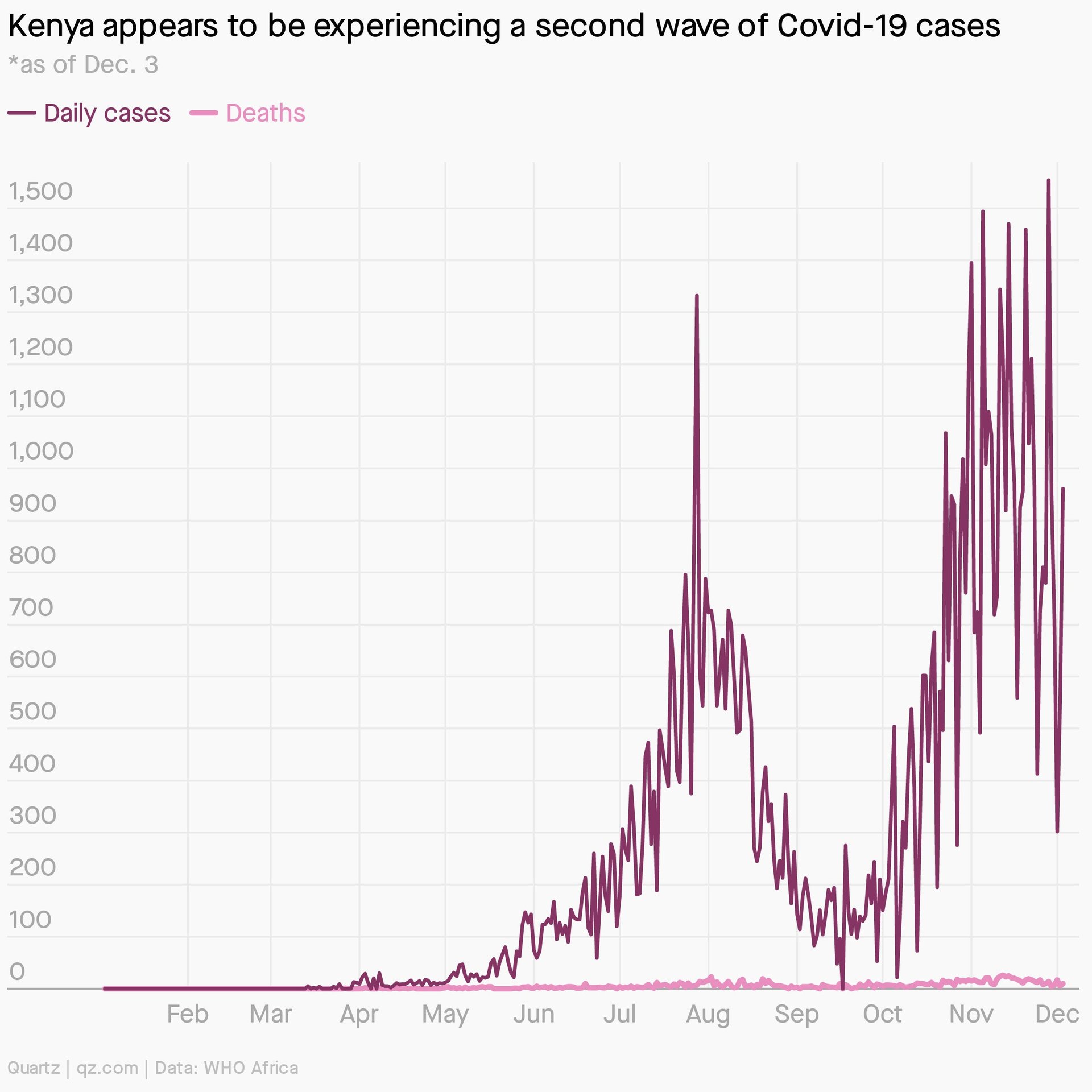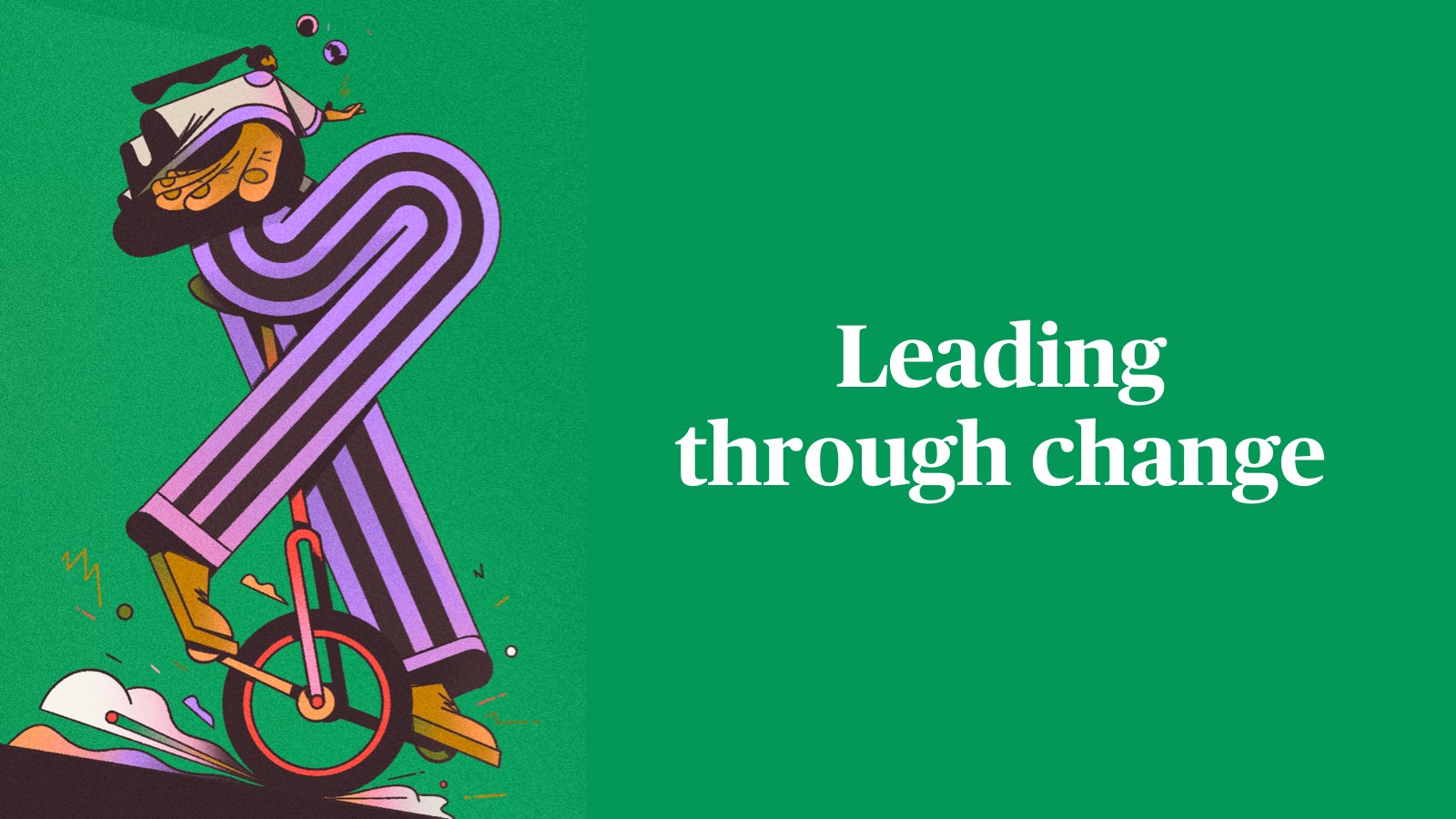Ethiopia’s propaganda war, Kenya’s puppet state, eavesdropping by African governments
Hi, Quartz Africa readers!

Hi, Quartz Africa readers!
Propaganda war
Being an Ethiopian journalist can be hard. The first time I received a death threat from an unnamed troll on social media a year ago, I didn’t take it seriously. I just blocked that person and moved on. I had written an in-depth article on my trip to the Tigray region which the troll said was funded by the Tigray state government. It was not, it was self-funded.
Since then, as Ethiopia moved into a full-blown conflict many did not think was possible a year ago, the defeat of the Tigray People’s Liberation Front by federal forces has marked a key moment in the country’s trajectory. Yet people remains divided over a political system often seen as a root cause of historical injustice.
When prime minister Abiy Ahmed became a Nobel Peace Laureate last year there was pride believing Ethiopia was finally changing for the better. This marked major progress for a nation refurbishing its image far from that of poverty and destitute people dependent on foreign aid.
These days, I have become accustomed to receiving at least a dozen threats a week added to insults and accusations of either working for the government or being a TPLF insider, depending on the article.
Ethiopian politics and its civil engagement have become toxic; many smart and decent people have left its social media pages, replaced by unaccountable trolls from all sides. The nation is now beginning to embrace a dangerous propaganda war that is not serving its unity and instead enabling its political disintegration.
Many Ethiopians still rely on social media postings that travel faster without verification or credible checks. As a result, mere tweets and Facebook posts are having real impact on the ground. People have lost their lives, been harmed, infrastructures damaged in the blink of an eye, even when facts contradict “the news” later on.
And yet, I remain hopeful in Ethiopia’s future and for those who still see journalism as a vital public service including the young Ethiopian journalism graduates who work hard and aspire to tell the everyday stories of the country despite the many obstacles.
— Samuel Getachew, Quartz Addis Ababa contributor
Stories this week
Living in a puppet state. Satire has been an important part of Kenya’s democratic evolution and it’s perhaps best captured in The XYZ Show, a TV puppet skit show. Carlos Mureithi in Nairobi discussed its 14th season with the producers.
A different complexion. In the wake of the Black Lives Matter protests in the US, Lynn M. Thomas looks at how the global skin lightener industry has been impacted and how some companies have finally had to review their products around the world.
Eavesdropping with Israeli tech. Amid a growing wave of protests and civil unrest, several key governments across Africa have been using a notorious Israeli company for surveillance technology to listen to calls and see text messages of ordinary citizens. Tawanda Karombo reports on the countries involved.
Kenyan elite’s plan B. With their national passports offering limited travel mobility, wealthy Kenyans are increasingly taking advantage of citizenship by investment programs offered by small Caribbean island nations.
Re-inventing US-Nigeria relations. The Biden administration will likely set about repairing America’s frayed relations globally. It’s a situation that offers a chance for the US to re-imagine its relationship with Nigeria by taking up a more decentralized approach, writes former US ambassador John Campbell.
Chart of the week
Watching for a second wave. There’s real concern among medical scientists across Africa, but particularly in Kenya and South Africa that the continent could be seeing a slow but steady second wave of coronavirus infections.

Dealmaker
Plugging a venture gap. Sherpa Ventures launched this week with a $1 million fund to uncover the earliest stage of startups with a focus primarily on pre-seed funding. It’s offering unique learnings for investees with fund investors including co-founders of Twiga, SafeBoda, Lori Systems, and run by Aaron Fu, former head of MEST.
Cars for rent. Planet42, a South Africa-based car subscription company with Estonian roots, raised $10 million in debt financing from US-based debt investor, Lendable. It follows a $2.4 million seed round it raised in June in a round led by Change Ventures.
•African Infrastructure Investment Managers, an infrastructure-focused private equity fund manager, raised $80 million for its flagship pan-African infrastructure fund, AIIF3. It takes the total commitments to the fund $400 million.
Quartz gems: On modern leadership
Most diversity and inclusion practices suffer from being copy-and-paste exercises, often set off to the side of a company’s practices and too quick, easy, and superficial to be effective. That became apparent during the conversation that followed the Black Lives Matter protests that rocked the US earlier this year, prompting many companies to imagine what a truly anti-racist workplace could look like.

Many of the practices that have been recommended ask companies to be more than just well-meaning, and to try something different to do better. From revamping the hiring process, to infusing inclusive practices into everything you do, our latest field guide on leading through change has advice on how to take action on inclusion and diversity.
Other things we liked
Chinese vaccines for Africa? China promised that once its Covid-19 vaccines were approved they would be shared with African countries which to avoid being left out by Western countries taking care of their citizens first. But as Jevans Nyabiage reports for South China Morning Post it’s still unclear if things will play out as hoped.
Uber’s failed promises to Kenyan drivers. Many Kenyan drivers borrowed heavily to lease cars, sometimes through programs facilitated by Uber, but then as it cut fare prices to win riders, the drivers struggled, reports Amanda Sperber for NBC News.
Borrowing from your cellphone. More Africans are turning to their mobile phones during the coronavirus pandemic which has supercharged the growth of mobile money and credit on the continent, writes Alexandra Wexler for the Wall Street Journal ($).
ICYMI
Development Finance Corporation investment applications. The US DFC is seeking applications to invest in early, growth-stage companies committed to developmental impact. (Ongoing)
The Roux Prize for health innovation. A $100,000 prize rewarding “innovation in the application of disease burden research.” (Feb. 28)
British Council Fellowship 2021. A seven-month research fellowship at the University of Edinburgh for early-career researchers from Africa (Jan. 10)
Keep an eye on
Ghana’s presidential elections. Ghana will go to the polls on Sunday (Dec. 7) to vote for a president and a new parliament. About a dozen candidates are running, with president Nana Akufo Addo, 76, and former president John Mahama, 62, the two lead candidates.
*This brief was produced while listening to Ayonha by Hamid El Shaeri (Egypt/Libya)
Our best wishes for a productive and ideas-filled week ahead. Please send any news, comments, suggestions, ideas, a Uhuru puppet, and a second Caribbean passport to [email protected]. You can follow us on Twitter at @qzafrica for updates throughout the day.
If you received this email from a friend or colleague, you can sign up here to receive the Quartz Africa Weekly Brief in your inbox every week. You can also follow Quartz Africa on Facebook.